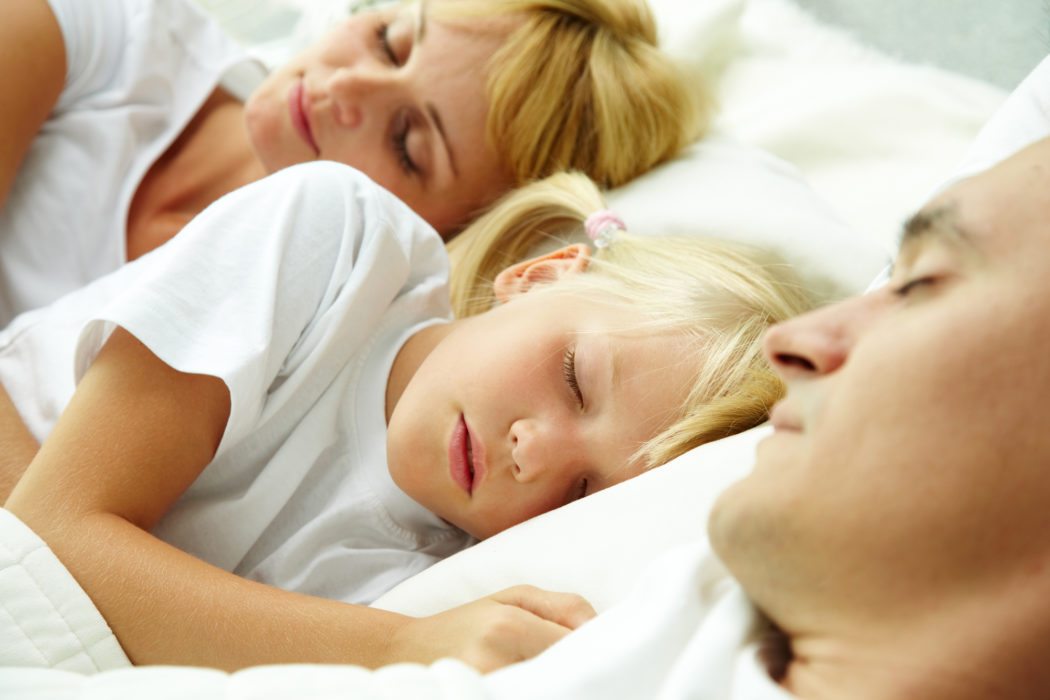Tips for a better night’s sleep
The amount of sleep a person needs changes with age.
Children and teenagers need 8-10 hours of sleep each night. Lack of proper sleep affects their growth, academic performance, mood and behavior.
Adults who are 18-64 years of age require 7-9 hours of sleep. Older adults may find themselves needing less sleep as they age.
Cindy Nelson, a Utah State University extension assistant professor in Beaver County, said while the amount of sleep each night is important, the quality of sleep is also important for health and well-being.
Nelson studied in physical education, psychology and health. She also developed several health and wellness programs for the USU Beaver County extension and served on a national health and wellness task force.
High quality sleep is crucial to overall wellness, Nelson wrote in an email. Signs of poor sleep quality can include the following:
- Not feeling rested after getting the proper amount of sleep
- Waking up repeatedly during the night
- Experiencing sleep disorders such as snoring or gasping for air
- Having difficulty concentrating
- Struggling to stay awake during the day
- Having trouble controlling emotions
- Slowed reaction times
- Being told by others about tired appearance
- Requiring caffeinated beverages to keep awake during the day.
Students who are experiencing any of these symptoms on a regular basis may find their sleep quality is lacking, Nelson wrote.
“Some of the biggest cause for sleep loss or sleep deprivation for college students is the late bedtime and early wake times,” Nelson wrote. Other causes include stress, anxiety, alcohol or drug abuse, all night studying, and interrupted sleep patterns.
Sleep quality may be improved by creating better sleep habits. The Mayo clinic suggests these seven tips.
- Stick to a sleep schedule
- Go to bed and get up at the same time every day, even on weekends, holidays and days off. Being consistent reinforces the body’s sleep-wake cycle.
- Pay attention to food and beverages
- Don’t go to bed either hungry or stuffed. Stomach discomfort might make it hard to fall asleep. Nicotine, caffeine and alcohol deserve caution, too. The stimulating effects of nicotine and caffeine take hours to wear off and can wreak havoc on quality sleep.
- Create a bedtime ritual
- Do the same things each night to tell the body it’s time to wind down. Research suggests that screen time or other media use before bedtime can interfere with sleep.
- Get comfortable
- Create a room that’s ideal for sleeping. Often, this means a cool, dark and quiet environment. Consider using room-darkening shades, earplugs, a fan or other white-noise device to create an environment that easy to sleep in.
- Limit daytime naps
- Long afternoon naps can interfere with nighttime sleep — especially for those struggling with insomnia or poor sleep quality at night. If napping during the day, limit the amount of sleep to about 10 to 30 minutes and take it during the midafternoon.
- Include physical activity in daily routine
- Regular physical activity can help people fall asleep faster, enjoy a deeper sleep and promote better sleep overall. Timing is important, however. Those who exercise too close to bedtime might feel too energized to fall asleep.
- Manage stress
- With deadlines to meet and bills to pay, there can be a lot on the mind. When there is too much to do and think about, sleep is likely to suffer. To help restore peace, consider healthy ways to manage stress. One suggestion is to jot down thoughts in a notebook, then set it aside for tomorrow.
For students busy balancing school, work, and social lives, Nelson suggests going to bed and getting up at the same time each night in order to get the proper amount and quality of sleep.
“Students need to understand that lack of sleep can negatively affect their memory, cognitive abilities and academic performance,” she wrote.
@miranda_lorenc

